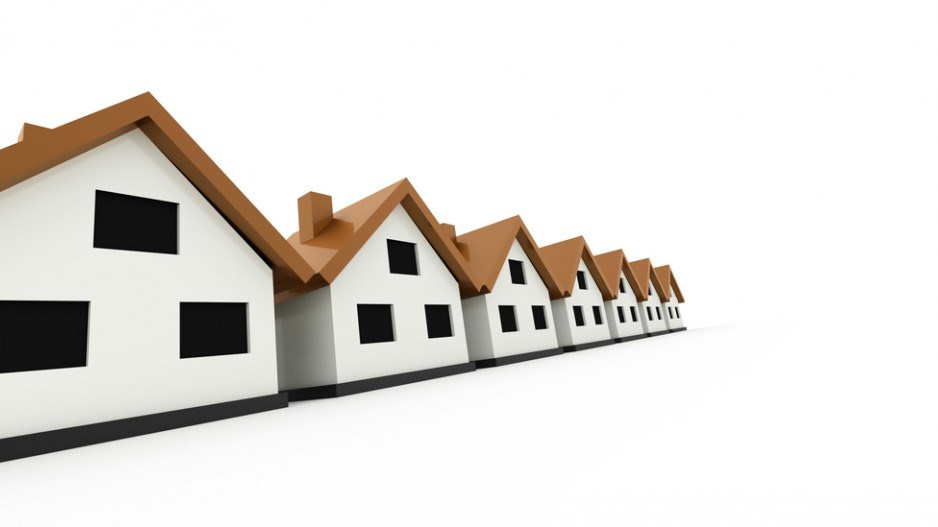Vancouverites love to complain about real estate prices whether they are buying or renting.
The latest “sky-is-falling” stories have been about a “rent increase tsunami” predicting huge rent increases because of the plummeting vacancy rate.
Yes, vacancy rates have dropped. But vacancy rates for rental apartments in Greater Vancouver have been close to or under 1% for a couple of years, said Robyn Adamache, principal market analyst with Canada Mortgage and Housing Corp. So this isn’t a huge change.
And while new stock from purpose-built rentals has been small (from 2009 to 2014 there were only 1,700 rental units built in Greater Vancouver), most rentals come from the secondary market such as suites in homes or condos that are rented out. And there were 13,000 of those added to the rental pool during 2009-14, Adamache said.
And during the past few years, rents have been pretty steady, keeping close to the maximum amount the province mandates for continuing tenants, Adamache said. This year that number is 2.5%.
So maybe the sky isn’t falling on renters.
Nor is it necessarily going to crash onto homeowners.
A report out from TD Economics last week labelled Vancouver’s real estate market as a “cautionary yellow,” rather than low-risk green or high-risk red. One of the reasons: house prices in Vancouver, despite the 10% year-over-year growth in June, have actually increased on average about 2% to 3% per year over the past three to five years. In Toronto, home prices have increased on average about 6% to 6.5% over the past three to five years, making that city riskier than Vancouver. But still not that risky.
By contrast, the housing crash in Toronto and Vancouver in the early 1990s followed price gains in the 20% to 25% range, the report said. And during the five-year run-up to the 2008 housing crash in the United States, prices were climbing 14% annually in some of the most overheated cities.
So while rents are high and housing prices are ridiculous, the numbers tell a much calmer story.




